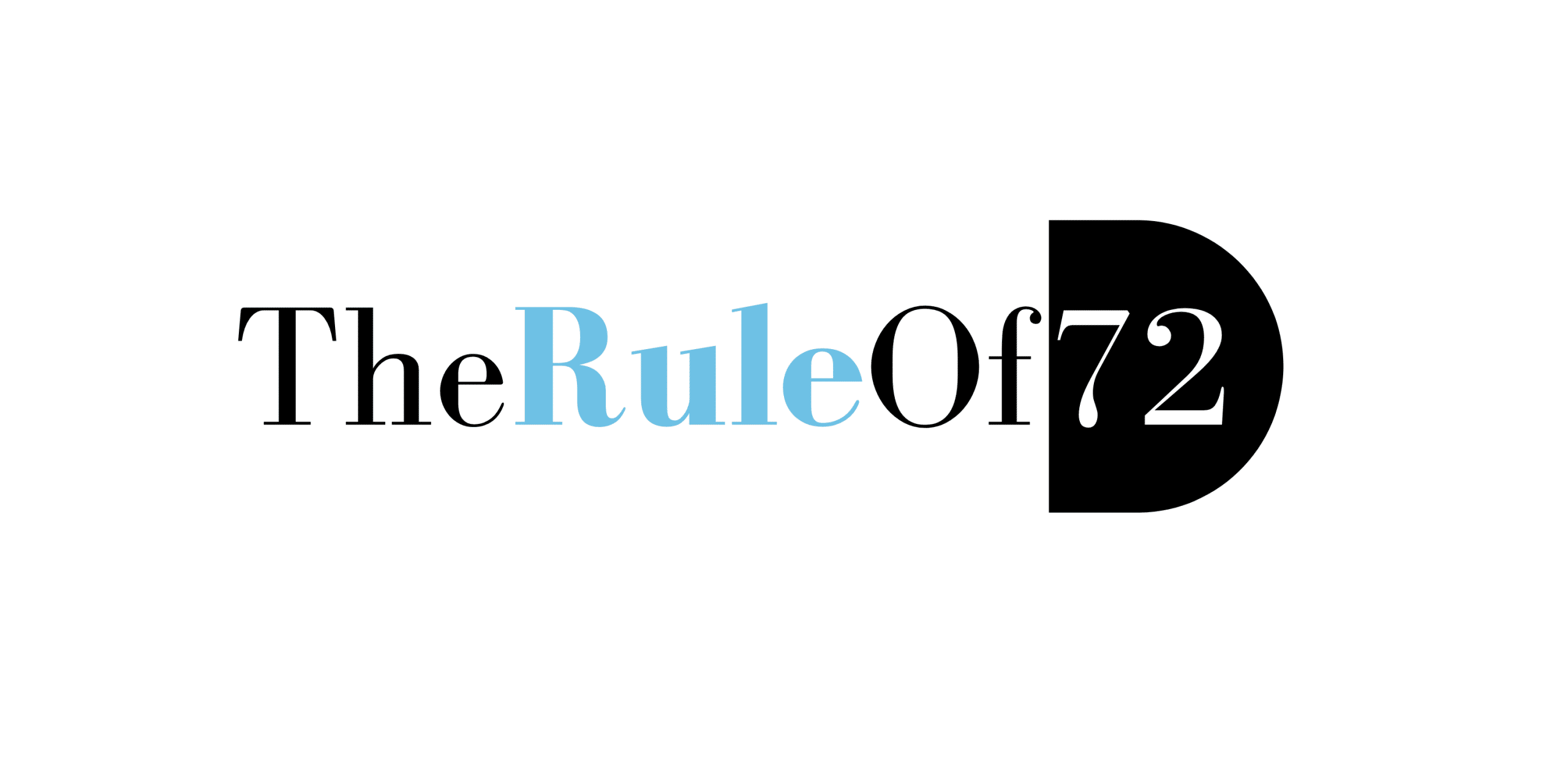How to Save Money on Your Insurance Premiums

Insurance is a vital aspect of financial planning, providing protection against unforeseen events and ensuring peace of mind. However, insurance premiums can sometimes put a strain on our budgets. The good news is that there are several practical steps you can take to save money on your insurance premiums without compromising coverage. In this blog post, we will explore valuable strategies that can help you reduce your insurance costs while still maintaining adequate protection. From shopping around for competitive rates to taking advantage of discounts and improving your risk profile, we’ll cover it all. So let’s dive in and discover how you can save money on your insurance premiums.
Assess Your Insurance Needs
Before looking for ways to save money on insurance, it’s crucial to assess your insurance needs. Start by reviewing your policies and identifying any unnecessary coverage or duplications. For example, if you have multiple auto insurance policies for different vehicles, consider consolidating them under one provider for potential discounts. Take note of your coverage limits and evaluate whether they align with your current circumstances. Adjusting your coverage appropriately can help you save on premiums.
Shop Around and Compare Quotes
One of the most effective ways to save on insurance premiums is by shopping around and comparing quotes from multiple insurance providers. Different companies offer varying rates and discounts, so it’s essential to do your homework. Take advantage of online comparison tools or consult with independent insurance agents who can provide you with quotes from different carriers. Ensure that you compare policies with similar coverage to make an accurate comparison. By obtaining multiple quotes, you can identify the best-priced policies that suit your needs and budget.
Bundle Your Policies
Another practical way to save money on insurance premiums is by bundling your policies. Many insurance companies offer discounts when you purchase multiple policies from them, such as combining your auto and homeowner’s insurance or bundling renter’s and umbrella policies. Bundling not only simplifies your insurance management but can also result in substantial savings. Before bundling, compare the combined premium cost with what you would pay for separate policies to ensure it’s cost-effective in your situation.
Increase Deductibles
Opting for a higher deductible can significantly reduce your insurance premiums. The deductible is the amount you pay out of pocket before your insurance coverage kicks in. By choosing a higher deductible, you assume more risk, but you’ll enjoy lower premium costs. Evaluate your financial situation and determine an affordable deductible level for you. Keep in mind that you should have sufficient funds set aside to cover the deductible in case of a claim.
Maintain a Good Credit Score
Believe it or not, your credit score can impact your insurance premiums. Insurance companies often use credit-based insurance scores to assess risk and determine premiums. Maintaining a good credit score demonstrates financial responsibility, reducing the likelihood of filing claims. To improve your credit score, pay bills on time, keep credit card balances low, and monitor your credit report regularly for errors.
Take Advantage of Discounts
Insurance providers offer various discounts that policyholders can take advantage of to save money. Some common discounts include safe driver discounts, multi-policy discounts, good student discounts, and senior citizen discounts. Additionally, installing safety features in your home or car, such as burglar alarms or anti-theft devices, may qualify you for additional savings. Contact your insurance provider to inquire about available discounts and ensure you’re maximizing your savings potential.
Maintain a Good Claims History
Having a clean claims history can help keep your insurance premiums low. Frequent claims can raise red flags for insurers, potentially resulting in higher premiums. Evaluate whether it’s worth filing a claim for minor incidents or damages that can be easily covered out of pocket. By avoiding unnecessary claims and being mindful of when to utilize your insurance coverage, you can maintain a good claims history and potentially qualify for lower premiums.
Consider Risk Reduction Measures
Insurance companies assess risk when determining premiums. By taking steps to reduce the risk associated with your insured assets, you can potentially save money on your insurance premiums. For example, installing a security system in your home or a tracking device in your vehicle can reduce the risk of theft, which may result in lower premiums for homeowner’s insurance or auto insurance. Similarly, implementing fire safety measures such as smoke detectors and fire extinguishers in your home can lower the risk of fire-related damages and potentially lead to reduced premiums on homeowner’s insurance. Discuss with your insurance provider the risk reduction measures you have taken to see if you qualify for any applicable discounts.
Review Your Policy Annually
Insurance needs and circumstances can change over time, so it’s important to review your policy annually. As you go through life events such as buying a new home, getting married, or having children, your insurance needs may change. By conducting an annual policy review, you can ensure that your coverage is still adequate and make adjustments as needed. Additionally, reviewing your policy gives you an opportunity to identify any potential discounts or savings opportunities that you may be eligible for. Keep an open line of communication with your insurance provider and regularly discuss your changing circumstances to optimize your coverage and potentially reduce your premiums.
Conclusion
Saving money on insurance premiums is achievable with a strategic approach. By assessing your insurance needs, shopping around for competitive rates, bundling policies, increasing deductibles, maintaining a good credit score, taking advantage of discounts, maintaining a good claims history, considering risk reduction measures, and reviewing your policy annually, you can find ways to lower your insurance costs without compromising coverage. Remember to consult with insurance professionals such as myself and explore all available options to make informed decisions. By implementing these strategies, you can save money on your insurance premiums while still enjoying the protection and peace of mind that insurance provides.





